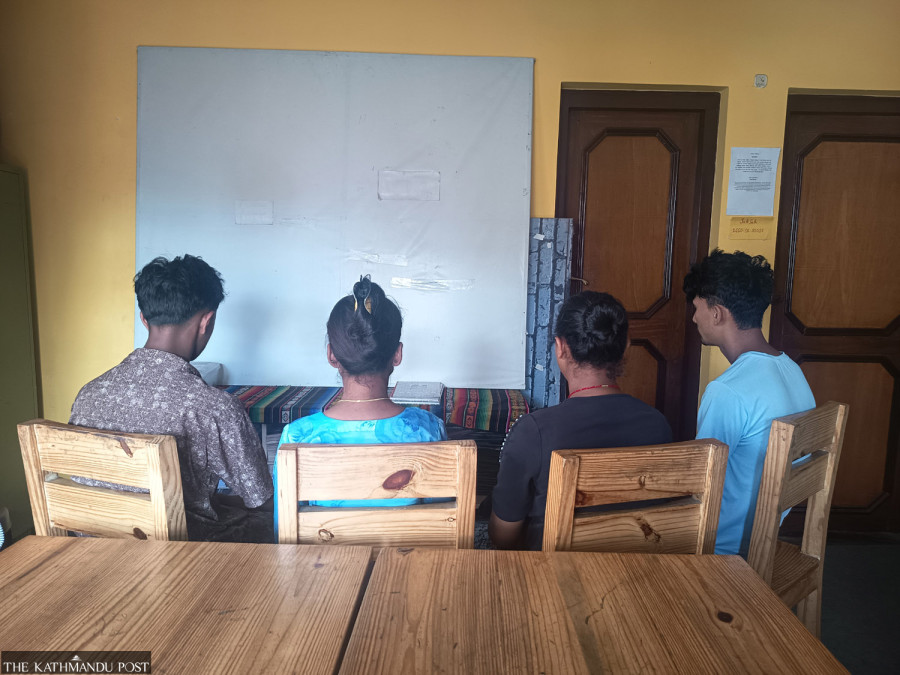National
Nepal’s birth registration denial leaves children stateless. Here are five key points you should know.
Administrative hurdles and legal gaps prevent thousands of children from accessing education, work, and essential rights.
Binod Ghimire
1. Administrative and bureaucratic hurdles block access
Thousands of children in Nepal are denied birth registration because officials insist on documents their parents never had. Even when communities and institutions are ready to verify identity, ward offices often refuse, citing legal technicalities. The law is applied narrowly, ignoring its constitutional spirit.
2. The problem is widespread and severe
Rights groups estimate that more than 5,000 children are currently waiting for certificates, while larger studies suggest millions of Nepalis remain undocumented. Not having birth registration means exclusion from citizenship. The U.S. State Department’s 2023 human rights report highlights 6.7 million individuals lacking citizenship documentation, making statelessness one of the country’s most urgent but under-addressed issues.
3. Children lose education and employment opportunities
Without a birth certificate, children cannot continue schooling beyond certain levels, sit for exams, or access training programs. Later in life, lack of citizenship blocks them from both public and private sector jobs—even for low-wage work—forcing many into daily wage labour regardless of skills or aspirations.
4. Lack of documentation perpetuates generational exclusion
Families who migrated or lost papers decades ago often pass on their undocumented status to their children, and sometimes grandchildren. Without registration, one generation’s exclusion locks the next into the same cycle of statelessness.
5. Denial undermines rights, dignity, and social inclusion
Nepal’s constitution and international conventions guarantee birth registration. Yet without it, people consequently become stateless. They are barred from voting, inheriting property, opening bank accounts, or even getting a SIM card. The absence of legal identity robs individuals of dignity and keeps them on the margins of society.




 17.15°C Kathmandu
17.15°C Kathmandu














